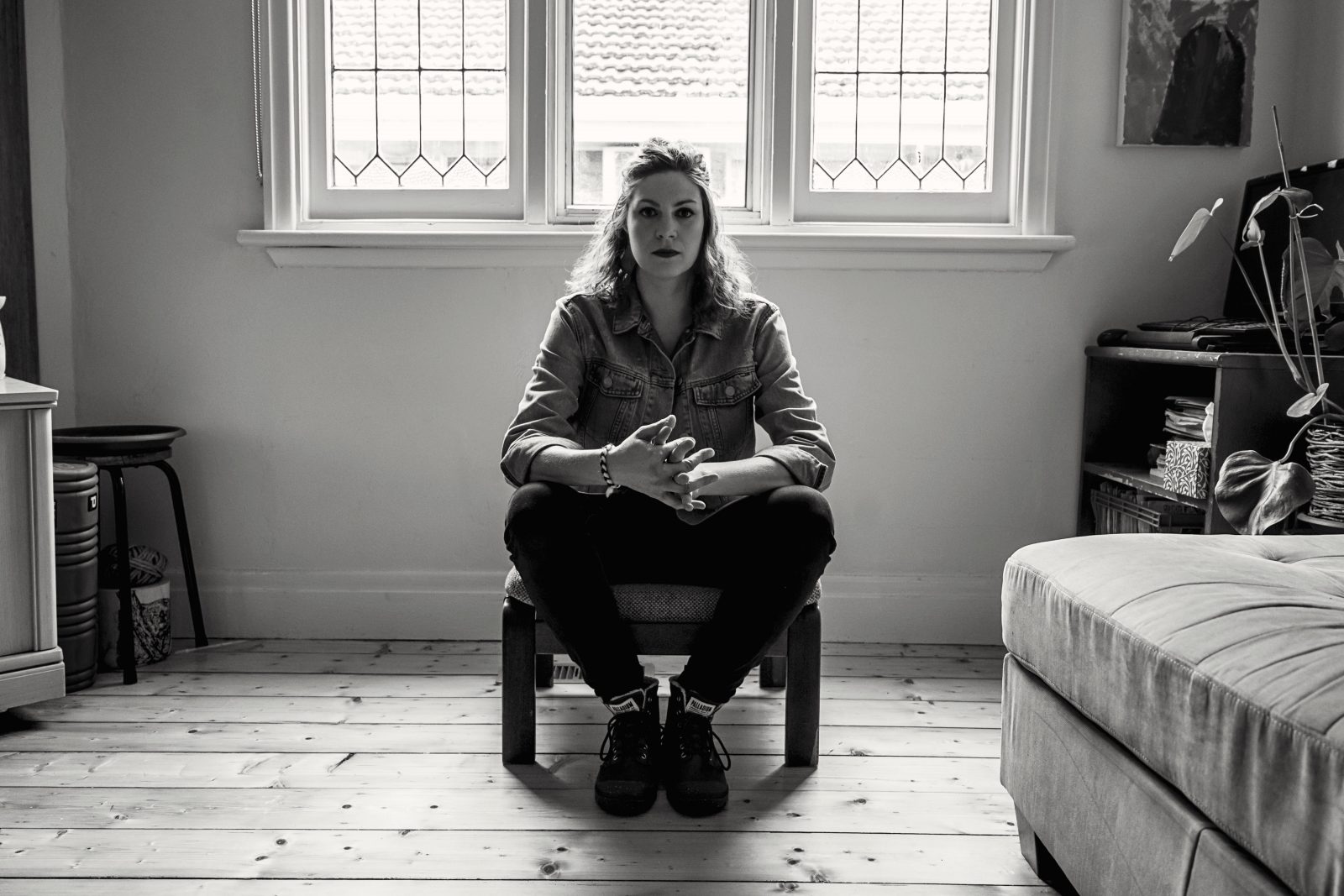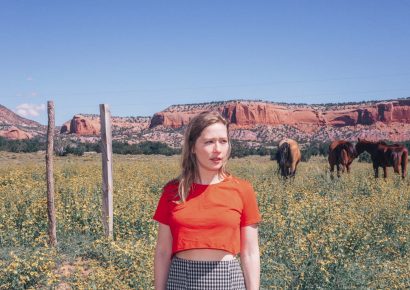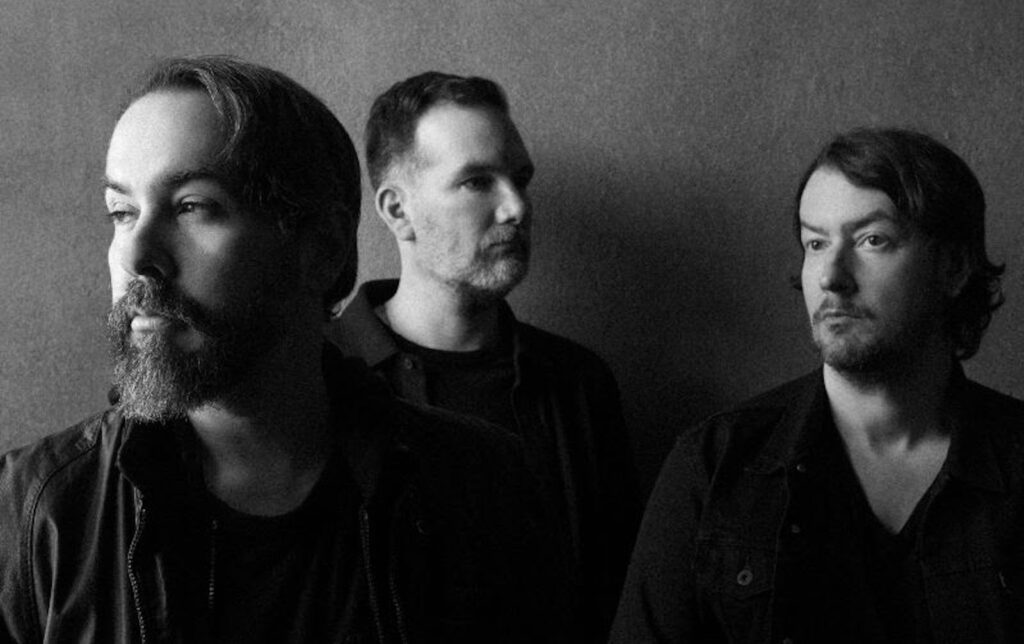“These aren’t stories of the past, our stories are right now and we inform and manifest what we want to see in our future.”
When Yorta Yorta woman and musician Allara agreed to join fellow First Nations artists Alice Skye and Rachael Lia for an event championing female-identifying and non-binary Indigenous voices as part of this year’s Leaps and Bounds Music Festival, none of them could have anticipated just how pertinent the show would be.
Taking place this Friday June 19, the show – titled Yawulyu, which is derived from the Walpiri language, meaning, ‘women’s ceremony, women’s design, women’s songs’ – aims to create a safe space for female and gender non-conforming First Nations artists while amplifying and encouraging emerging voices.
Since the brutal murder of George Floyd at the hands of a police officer late last month, the Black Lives Matter movement has erupted globally. In Australia, it’s brought our own issues of systemic racism to light through highlighting over 430 Indigenous deaths in custody since 1991 for which no charges have been laid.
For Allara, Yawulyu is a chance to share what she and many other First Nations people are feeling right now and she hopes the current spotlight on the Black Lives Matter movement means that people absorb what she has to say.
“Much of the global music industry is built off the experience, talent and oppression of BIPOC mob, (Black, Indigenous and People of Colour). We have been creating music and art about this type of oppression and dispossession, showing strength, resilience and hope for far longer than the past few weeks since Brother Floyd’s tragic, but sadly unsurprising, death,” she says.
“It’s such an important time for this show to get a lot of eyes on it. I think people really need to see how First Nations people are feeling. I’m not saying Rachael, Alice and I hold even a diverse expression of what our mob across this country is feeling right now, but we’re three voices who are really happy to share how we feel through our music,” she says.
And while she’s glad that white Australians are finally acknowledging issues that have plagued First Nations communities for centuries as a result of colonisation, it’s bittersweet knowing that the examples of systemic racism currently causing nationwide outrage aren’t new, they’ve simply been ignored by the majority of non-Indigenous people until now.
“It’s also a time which is challenging for us – or for myself – to say these things in a compassionate way,” Allara elaborates. “While I’m asking for empathy from other people, I need to remember to have compassion.”
Allara’s music draws on ancient oral traditions and storytelling to share tales of spiritual and cultural significance, as well as reflecting on environmental and First Nations issues. Intertwining a double bass and loop station with powerful, spoken word pieces, her music looks at the history of this land and Indigenous culture through a contemporary lens.
In her latest single ‘Murnong Farm’, released in late May, she reflects on the generations of displacement that have driven her family from their land.
“Can I start a murnong farm/In my rental in Preston?/Can I kill the grass/Turn the soil with my fingers,/Revitalized the old traditions?” she muses as she looks for ways to practice sovereignty in her own backyard on land stolen from her ancestors which is yet to be ceded.
“Because of our ancient, intimate relationship with this land, we’ve got some really important things to share. It’s time we are heard deeply, it’s time for proactive system change led by the voice of our Elders and young people, always inspired by our Ancestors,” she says.
“The Black Lives Matter movement, for example, and deaths in custody, that’s not just police brutality, that’s coming from more than 200 years of colonisation. These systems that cause the horrific things that are happening to our mob have started from a place of white supremacy. These aren’t stories of the past, our stories are right now and we inform and manifest what we want to see in our future.”
She hopes that the current momentum behind the Black Lives Matter movement leads people to reflect on the history of this country and that the Yawulyu audience takes the opportunity to listen and learn from what these three women, and all Indigenous Australians, have to say.
“I hope they see the vibrant, living culture of First Nations people; that we didn’t ever stop our culture practice, that we have been artists and storytellers on this land since the beginning of time and that we’re still doing it today,” says Allara.
“It’s about all of us learning about the things that have happened on this land and those cultural practices and celebrating and continuing to do them. Even if they are in a modern way. You know, I’m singing about murnong farms over online platforms. I bet my ancestors never thought that would happen, but look at it happening.”
Yawulyu is happening on Friday June 19 from 4pm-6pm via Facebook Live as part of Leaps and Bounds Music Festival 2020 in collaboration with the Barpirdhila Foundation. Find out more via the festival website.
Never miss a story. Sign up to Beat’s newsletter and you’ll be served fresh music, arts, food and culture stories five times a week.







